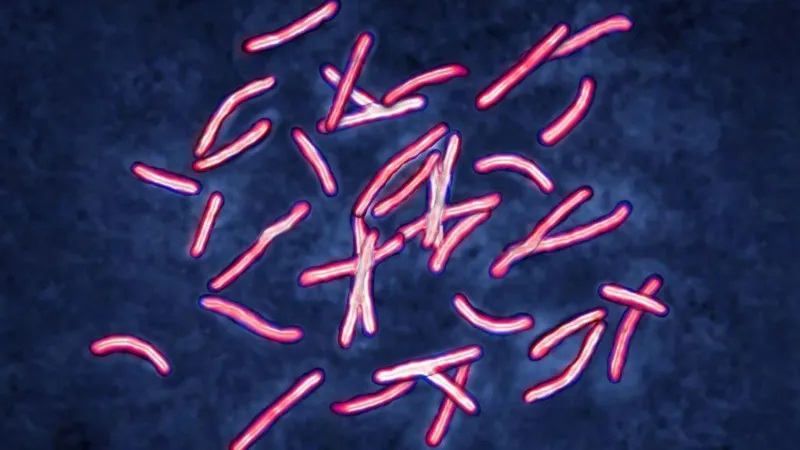A groundbreaking artificial intelligence (AI) tool has accomplished in just 48 hours what took microbiologists nearly a decade to unravel. Professor José R. Penadés and his research team at Imperial College London had been investigating why certain superbugs develop resistance to antibiotics, a complex problem requiring years of rigorous study and validation. However, when they tested Google’s AI tool, “co-scientist,” by providing a brief prompt related to their research question, it reached the same conclusion in only two days.
The discovery left Professor Penadés astonished, as his findings had not yet been published and were unavailable in the public domain. Initially, he suspected that Google might have accessed his personal files. “I was out shopping when I realized what had happened,” he shared in an interview with BBC Radio Four’s Today programme. “I needed time to process it, so I asked to be left alone for an hour. Then, I wrote an email to Google asking if they had access to my computer.” Google assured him that they had not, confirming that the AI reached its conclusions independently.
Although a significant portion of the decade-long research timeline was dedicated to validating the findings, the scientists acknowledged that if they had started with the AI-generated hypothesis, they could have saved years of effort. What made the tool even more impressive was that it not only replicated their work but also proposed four additional hypotheses. One of these had never crossed the researchers’ minds, prompting them to pursue it further.
The team had been investigating how superbugs, which are dangerous antibiotic-resistant bacteria, emerge. Their hypothesis suggested that these bacteria acquire “tails” from various viruses, allowing them to spread across different species. Professor Penadés described this phenomenon as superbugs possessing “keys” that enable them to transfer between host species. Given that this idea was entirely unique to their team and had never been disclosed, it served as the perfect test case for Google’s AI tool. When the AI returned its top hypothesis, it matched their unpublished research exactly, confirming the scientists’ long-held theory.
The potential implications of AI in scientific research are immense, sparking both excitement and concern. While some fear that AI could replace human jobs, others see it as a revolutionary tool that will enhance research capabilities. Professor Penadés acknowledged these concerns but emphasized the AI’s role as a powerful assistant rather than a threat. “At first, people worry about losing their jobs, but when you reflect on it, you realize this is an incredibly powerful tool,” he explained.
The researchers on the project believe AI will play an instrumental role in future scientific advancements. “This will change the way science is conducted,” Professor Penadés predicted. “I feel like I’m witnessing something extraordinary, and I’m thrilled to be a part of it. It’s like playing in the Champions League for the first time.”




Mitolyn I just like the helpful information you provide in your articles